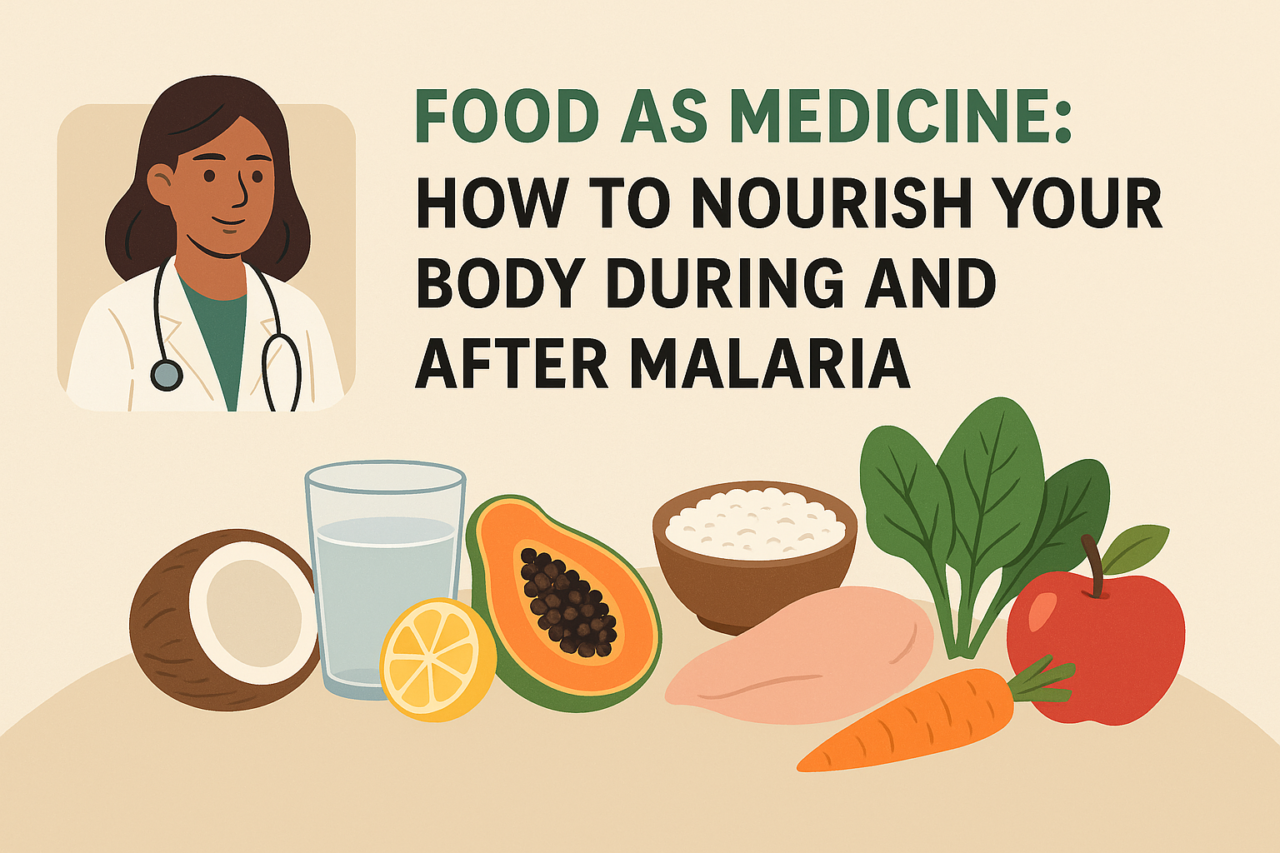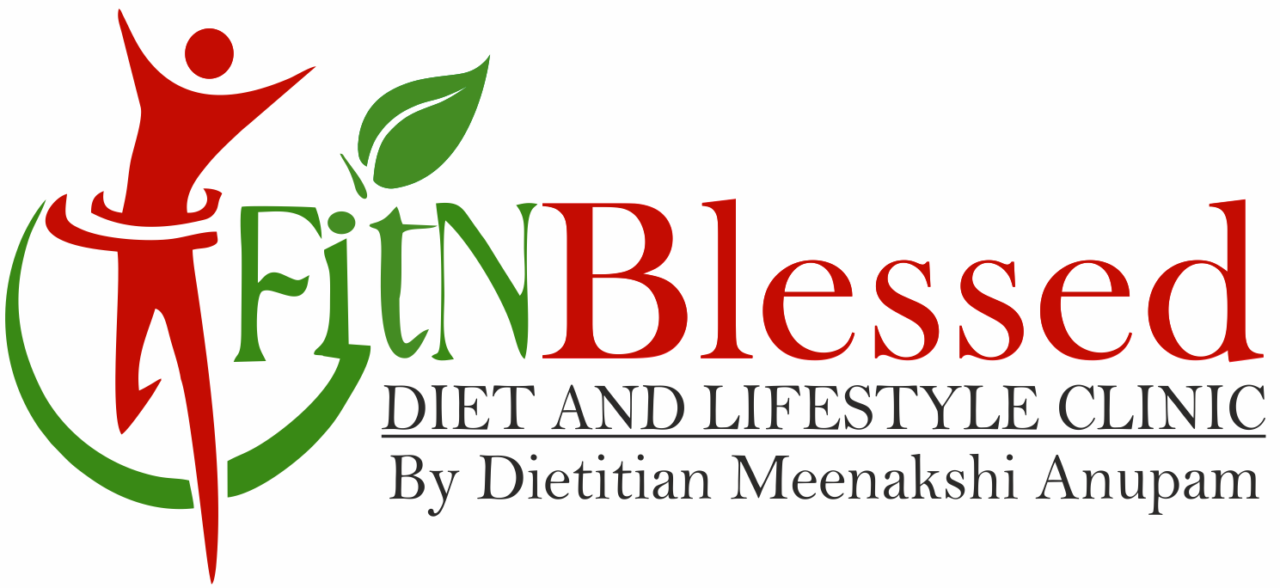Malaria is more than just a fever—it weakens your body, drains your energy, and puts immense pressure on your immune system. While medications are key to fighting the infection, your diet plays a critical supportive role in recovery. As a dietitian, I’ve seen firsthand how the right foods can ease symptoms, replenish lost nutrients, and accelerate healing.

Let’s explore the healing power of food during and after a malaria infection, and how you can fuel your body back to health naturally.
Why Nutrition Matters During Malaria
When you’re down with malaria, your body undergoes:
- High fever and sweating, leading to fluid and electrolyte loss.
- Appetite loss, reducing your overall nutrient intake.
- Muscle breakdown and fatigue, which require protein and energy.
- Increased metabolic demands due to infection and inflammation.
This means your body needs more nutrients than usual—even when you don’t feel like eating. Choosing the right foods can:
- Strengthen your immune system
- Rebuild lost strength
- Reduce inflammation
- Promote a faster recovery
🥦 Best Foods to Eat During Malaria
1. Hydrating Fluids
- Coconut water, lemon water, ORS (oral rehydration solution)
- Fresh fruit juices (avoid added sugar)
- Light soups and broths
💧 Tip: Sip throughout the day to prevent dehydration and reduce fatigue.
2. Easily Digestible Carbs
- Steamed rice, khichdi, idli, mashed potatoes, oats
- Whole grain toast or roti if tolerated
🍚 Why: These give you energy without burdening your digestive system.
3. High-Protein Foods
- Moong dal, eggs, paneer, curd, chicken broth
- Protein shakes (if appetite is low)
💪 Note: Protein helps repair tissues and supports immunity.
4. Iron-Rich Foods
- Spinach (cooked well), beetroot, pomegranate, jaggery water
- Include Vitamin C (like lemon juice) to improve iron absorption
🩸 Why: Malaria often leads to anemia—iron is key to recovery.
5. Fruits & Vegetables Rich in Antioxidants
- Papaya, banana, oranges, apple, carrots
- Lauki (bottle gourd), tinda, pumpkin—light and easy on the gut
🍊 Note: Antioxidants reduce oxidative stress and support healing.
🚫 Foods to Avoid During Malaria
- Oily, spicy, or fried foods – hard to digest
- Caffeine & energy drinks – can dehydrate you
- Cold, processed, or sugary foods – may worsen inflammation
- Red meat or heavy meals – slow digestion and can increase body heat
👩⚕️ Behavior Tips from Dietitian Meenakshi
- Eat small, frequent meals – don’t wait to feel hungry.
- Don’t skip protein even if appetite is low.
- Keep a meal timing routine to train your body into eating again.
- Listen to your body – rest is part of healing.
- Keep meals warm and mildly flavored to make them more palatable.
🛌 What to Eat After Recovery from Malaria
Your body will still be weak for a few weeks. Post-malaria, focus on:
- High-protein, iron-rich meals for strength and blood replenishment
- B-complex rich foods (eggs, whole grains, nuts) to fight fatigue
- Probiotics (curd, buttermilk) to heal the gut after medications
- Good fats (ghee, nuts, seeds) to improve nutrient absorption
🌿 Final Word from FitnBlessed
Remember, recovery is not just about medication—your plate is your power. At FitnBlessed, we believe in a healing approach that blends clinical nutrition with care. As always, consult your healthcare provider and follow a personalized diet plan that suits your symptoms, medications, and stage of recovery.
Stay hydrated, stay nourished, and take it one bite at a time.
